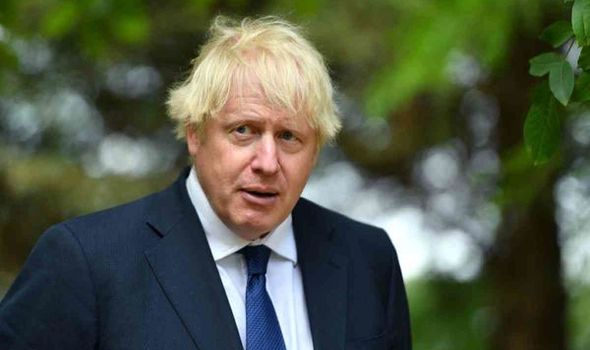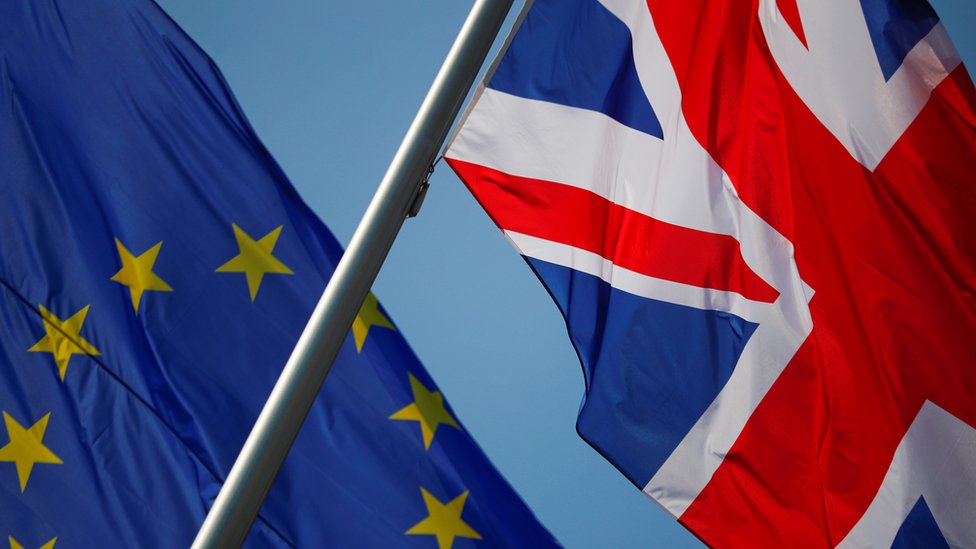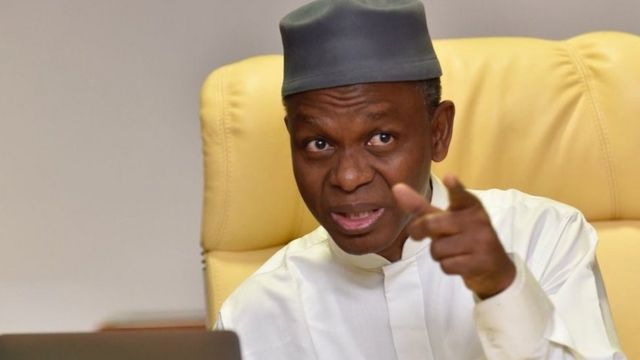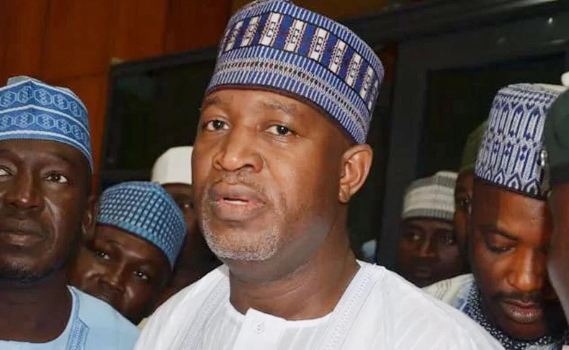Four-and-a-half years after a British referendum on membership in the European Union (EU), Brexit is finally reality after Britain left the single market at the stroke of midnight CET (2300 GMT) on New Year’s Eve.
Never before had an EU member state filed for divorce.
The separation took years of messy negotiations before finally, at the last moment, a breakthrough trade deal worth 660 billion pounds (900 billion dollars) was struck on Christmas Eve.
Writing in the Telegraph newspaper on Friday, Prime Minister Boris Johnson described it as a “big win for both sides of the Channel.”
“For us, it means the end of the rancorous bickering about ‘Europe’ that has bedevilled our politics for so long,” he said.
“It means the end of that uneasy feeling that we were constantly being asked to sign up for the details of a project – a giant federal fusion of states – in which we didn’t really believe and hadn’t really bargained for.”
But he added that the new deal does not mean Britons “will be less European,” echoing comments his father, Stanley, gave to a French radio station on New Year’s Eve.
“On the contrary, we will remain the second-biggest contributor to NATO … with our armed services fortified in the recent spending review with the biggest-ever uplift since the Cold War,” he added.
The pact averts tariffs and quotas on goods, sparing businesses on both sides seismic upheaval.
As of New Year’s Day, the two closely intertwined partners began a new era in their relations of much looser cooperation, governed mainly by the new Trade and Cooperation Agreement (TCA).
Freedom of movement to live and work has ended, though short-term travel stays largely visa-free.
Goods will be more heavily controlled, both at British-EU frontiers and within Britain – at the Irish sea border between Northern Ireland and Great Britain.
Businesses on both sides now have to jump through hoops to prove they qualify for tariff exemption. Moreover, key decisions are still to be made deciding the fate of many service sector companies.
However, the much-feared backlogs of goods at borders due to increased red tape was not immediately visible. Early January is a typically slow moment for freight.
Over in Folkestone, in the south-eastern county of Kent, Slavi Ivanov Shumeykov was the first driver through the Eurotunnel just after 11 pm on Thursday, the Press Association said.
John Keefe, the spokesperson for the tunnel’s operator, told dpa that Shumeykov was “so thrilled” to be the first driver through the tunnel.
“He was returning to Belgium after making a delivery to the UK,” he said.
Speaking about the traffic this morning, Keefe added it had been “very light” overnight and on Friday.
“Our customers predicted all the stockpiling before Christmas in preparation for the end of the transition, traffic would be light for the first weeks of January,” he told dpa.
“The new barcode scanning and numberplate recognition systems [installed for Brexit] showed that they don’t add any time to the journey for a truck through the Channel tunnel.”
A last-minute deal between Spain and Britain struck on Thursday also allows for continued free movement between Gibraltar and Spain.
As the first day of the new year progressed, the blocked roads and delays to international transport many had feared also failed to materialize in northern France.
A spokesperson for the department there told dpa that traffic was flowing smoothly across the channel. French Minister for European Affairs Clement Beaune said things were running as well as possible, in comments to French news agency AFP.
The first ferry carrying lorries reached Calais from Britain on Friday morning, and only three of the 36 were subject to additional checks.
Calais port chief Jean-Marc Puissesseau told dpa before the turn of the year that traffic should run almost as normal, if customs declarations were complete. Otherwise, additional checks would be carried out if companies failed to complete the paperwork, he said.






